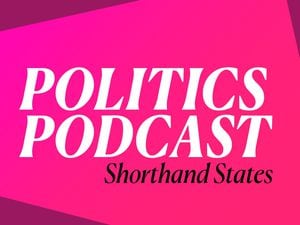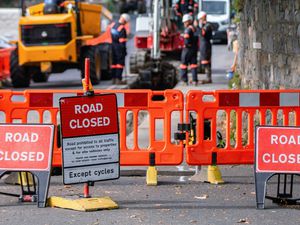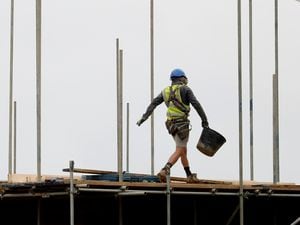New survey shows impact of Covid-19 on islanders’ lives
THE impact of a year of dealing with Covid-19 and two lockdowns are shown in a new survey carried out locally.
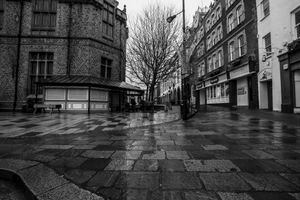
The survey by Island Global Research covers income, spending and a move to more online shopping and communicating.
The survey also reflects on mental health issues.
More than half of islanders who responded to the survey said they had experienced a moderate or large amount of stress over the last year.
The most common reason was concern over the health of family and friends, the next was work.
Financial problems, news about Covid-19, feeling a pressure to always ‘be available’, and relationship troubles were other reasons cited.
In total 461 local residents took part in the survey in mid-March, which was just before the Bailiwick bubble stage out of lockdown.
The results are not intended to be interpreted as representative of the whole island, but they do cover a cross-section of people.
On a scale of zero to 10, just over a third of respondents rated their life satisfaction as between eight and 10, half described it as between five and seven, and 13% rated it between zero and four.
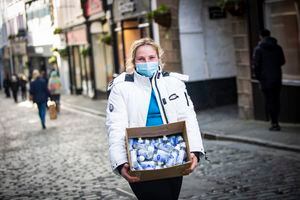
Regarding optimism over the past year, a third of those surveyed said they always or often felt optimistic, half sometimes felt that way, and 17% rarely or never felt optimistic.
Feelings of loneliness, isolation and lacking companionship were experienced by half of the survey respondents, and the other half rarely or never felt lonely.
Regarding household income, 41% had seen either some reduction or a substantial reduction.
Households in the poorest group, with an income of less than £20,000 per annum, were the most likely to have seen a reduction.
Households in the wealthiest group, with an income of more than £100,000 per annum, were the least likely to have seen a reduction, as well as being the most likely to have increased their income.
On household spending, 63% said they had reduced that by either some or a substantial amount.
In a series of questions about the impact of Covid-19 on work and business, the results showed that the hardest hit sectors were non-essential retail, hospitality, leisure and construction.
In contrast, people working in health, social services, and essential retail had seen a general increase in demand.
Among those who experienced a reduction in demand, there was significant optimism, with 76% believing that it would take less than a year to return to pre-Covid levels.
Focusing on what is known as the ‘new normal’, the survey reveals a fairly significant increase in the way we are living our lives online.
For instance, 40% said they had either started using or using much more often, online shopping from off-island retailers, such as Amazon.
Some 17% said they had started using or using much more often, online shopping from on-island retailers.
There were also notable increases in other online services, including banking, groceries, and streaming services like Netflix and Amazon Prime.
The past year has represented a boon for social media, 36% said they had started using it or were using it much more often.
The biggest change was in video-conferencing on platforms like Zoom, Microsoft Teams and Facetime, with 65% of respondents reporting that they had either starting using it or were using it much more often.

